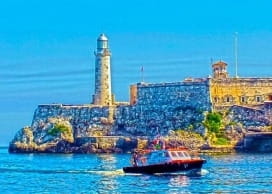
Havana ephemeris. September 5.
1853. Emilio Sabourín del Villar is born in Vedado, Havana.
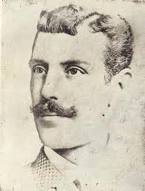
In addition to being the forerunner of baseball in Cuba in the final stage of the 19th century, he also made evident his support for the fight for the independence of his homeland, which began again in February 1895.
Even he and other teammates of his used the baseball challenges to raise funds, with which they acquired defective weapons that they later repaired, and sent them to the insurgent troops that were fighting the Spanish soldiers.
As a tribute to Sabourin, on June 3, 1953, the Havana city council agreed to erect a monument to this patriot and precursor of baseball in Cuba. The monument was located where it was estimated to be the home of the ball stadium where Sabourin's team practiced, located in the garden area of the current América Arias Hospital, Maternidad de Linea, on Linea and Avenida de los Presidentes or G Street, in the Vedado.
His death occurred on July 5, 1897 in Ceuta, a Spanish colony in Africa.
1908. Joseito Fernández was born in the Los Sitios neighborhood, in the current Centro Habana municipality.
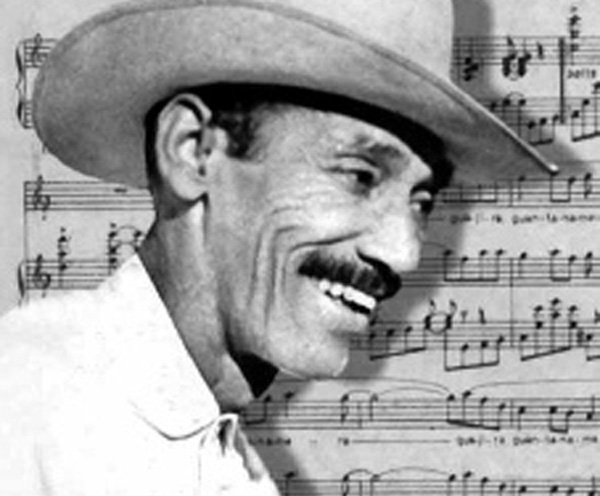
From a very young age his life was interrelated with music.
In 1928 he composed the Guantanamera but it was not until almost a decade later that this melody gained a certain celebrity when it was included as a farewell theme for the Alejandro Riveiro orchestra in which Joseíto Fernández sang. While the musical group interpreted the aforementioned melody, he improvised different tenths in each presentation. Subsequently, an advertising firm exclusively hired La Guantanamera to use it in a radio program in which various and tragic events that occurred in Cuba were staged.
As of 1963 the Guantanamera began to acquire a significant connotation at an international level after having been sung, with the inclusion of several of José Martí's Simple Verses, by the North American troubadour Pete Seeger in a concert held on June 8 at the Carnegie Hall of New York.
Multiple people in the world have danced to the beat of the Guantanamera since many Cuban shows abroad have concluded with this musical creation, to close with a flourish.
His death occurred in Havana on October 11, 1979.
1937. Rolando López del Amo is born in Havana.

In his professional work he served as a poet, writer, teacher and in the field of diplomacy. He worked as a professor of literature at the Enrique José Varona Higher Pedagogical Institute and at the University of Havana as vice-dean of the Faculty of Humanities and President of the University Extension Commission. He was Cuba's ambassador to various countries and to the United Nations.
He joined the Union of Writers and Artists of Cuba.
In one of the interviews conducted with him, he stated: “Men can win or lose and, sometimes, an apparent defeat is a greater victory. The important thing is the ideas. Those of good law, always emerge undefeated. In my case, I was always on the side of duty and put my blood at peace with the wind.”
His death occurred in the Cuban capital on February 10, 2021.
1952. Arístides Estéfano Mestre Hevia dies in Havana.
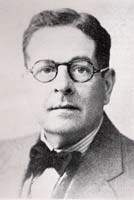
He studied at the University of Havana where he obtained a Doctor of Natural Sciences degree. Years later he achieved a Doctorate in Medicine. He taught classes related to Geology, Paleontology, Vertebrate and Invertebrate Zoography and Anthropology, among other disciplines.
He was a fervent defender of the theory of Charles Darwin and of the studies of genetics. In 1920 he directed the Anthropological Museum of Havana.
His birth took place in Havana on November 28, 1865.
1961. The maximum leader of the Cuban Revolution, Fidel Castro, closes the National Literacy Congress at the Chaplin Theater in Havana, today the Karl Marx Theater.
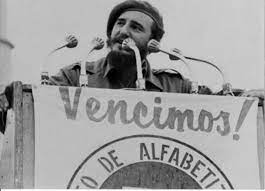
This event discussed the achievements and difficulties of the educational campaign that was being carried out in Cuba to eradicate illiteracy that year.
The event began its sessions at the Habana Libre hotel with 833 delegates representing the Education Commissions of the 126 municipalities and 6 provinces existing at that time in Cuba.
1977. Candita Quintana dies in Havana.
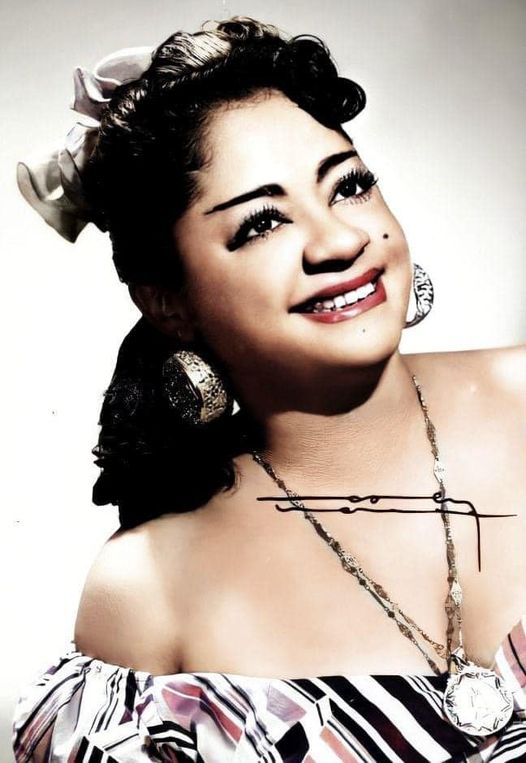
She became a unique actress from Cuba. From the artistic point of view, she was qualified as a legend of the Cuban theater that marked an era with her friendliness, ingenuity, talent and natural grace. As a member of the Compañía de Bufos Cubanos Pous y Sanabria and the Jorge Anckermann theater group, she performed numerous memorable plays.
She retired from the theater with a masterful performance in the best of Bufo, but she continued to work in institutions, work centers, galas, tributes and acts of remembrance to figures of our scene and music, respectively.
Her birth occurred in Havana on November 2, 1912.
1987. Commander in Chief Fidel Castro delivers a speech at the inauguration of the Julio Trigo Surgical Clinical Hospital. It is located on Calzada de Bejucal, kilometer 7 and a half, in the Párraga area, in the municipality of Arroyo Naranjo.
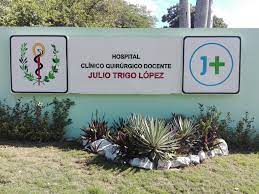
He points out: “We have come to inaugurate a work that produces deep satisfaction in all of us: an important, necessary, clinical-surgical hospital with 482 beds, conceived with the most advanced ideas, programmed in the light of the experience acquired in the field of health for all these years.
The name of the hospital is that of the young Julio Trigo, who was part of the group of revolutionary combatants that on July 26, 1953 participated in the assault on the Moncada barracks in Santiago de Cuba.